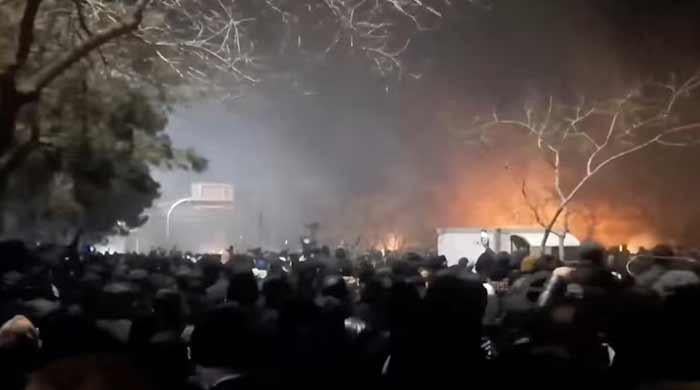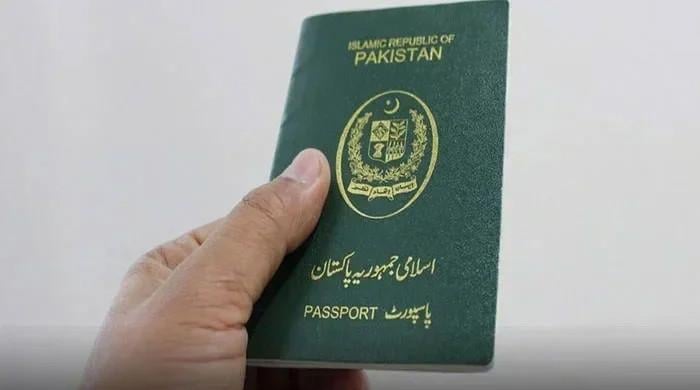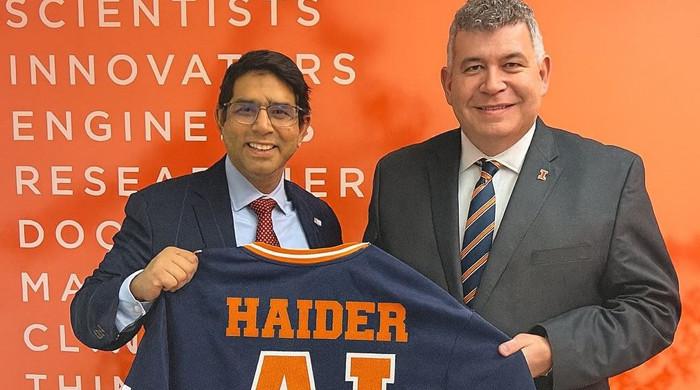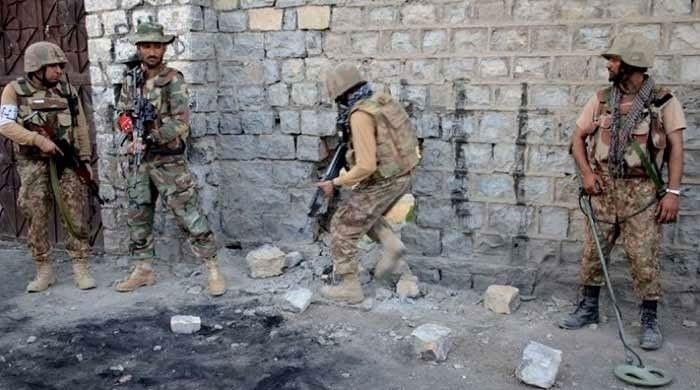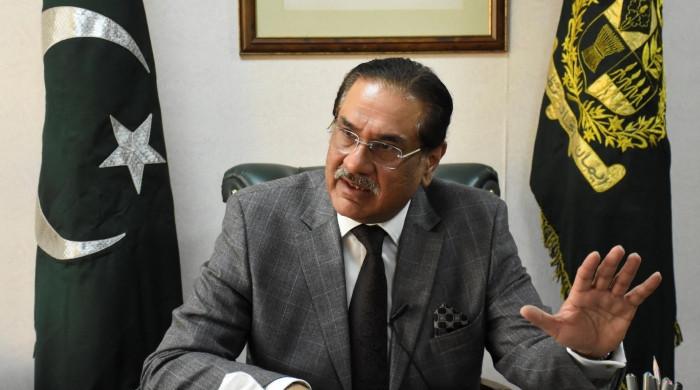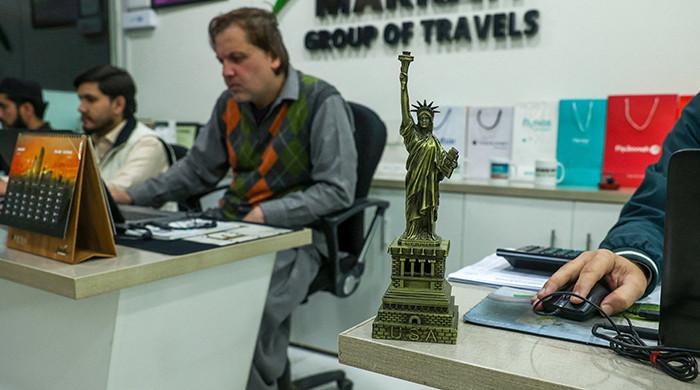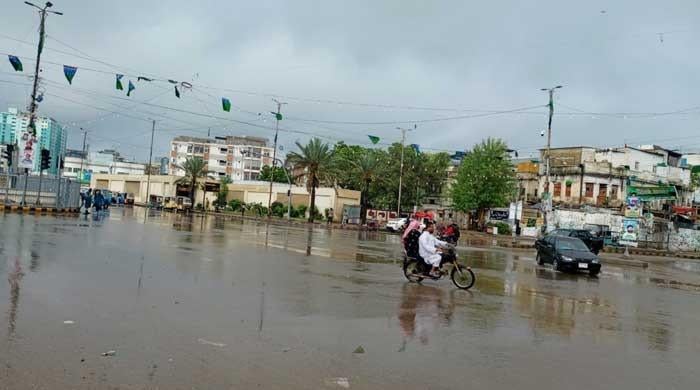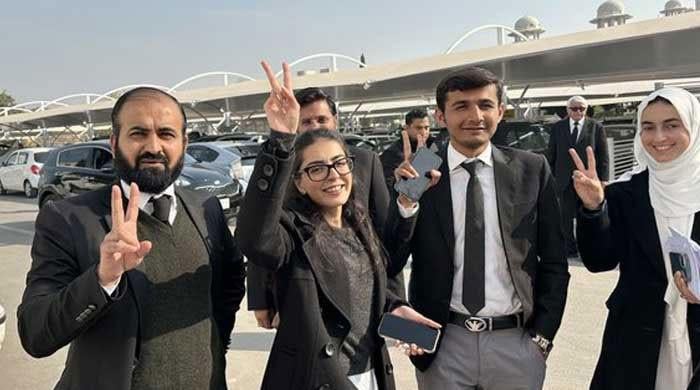Border shelling eclipse U.S.-Pak-Afghan talks
ISLAMABAD/KABUL: Fighting across the Pakistan-Afghanistan border will overshadow talks when the two countries meet along with the United States on Tuesday to map out plans for talks with the...
June 27, 2011
Afghan President Hamid Karzai accused Pakistan on Sunday of firing 470 rockets into eastern Afghanistan over the past three weeks in an escalation of fighting across the porous border. Pakistan denied the allegations. It blames Afghanistan forgiving safe haven to militants on its side of the border, particularly in eastern Kunar province, leaving it vulnerable to counter-attack when it chases them out of its own ethnic Pashtun tribal areas.
“I think the main thing on the agenda this time may be the situation on the border," said Waheed Mujhda, political analyst at the Afghan Analytical and Advisory Centre in Kabul.
The talks, between U.S. envoy Marc Grossman and top diplomats from Afghanistan and Pakistan will be the first since President Barack Obama announced a faster-than-expected troop withdrawal last week, accompanied by talks with the Taliban.
Pakistan badly bruised after U.S. forces found and killed Osama bin Laden in the Pakistani town of Abbottabad on May 2 is keen to show it has a constructive role to play in helping the United States to bring stability to Afghanistan. "They don't want this trillion dollar war. They want to get out of Afghanistan because their economy doesn't allow them to carry on. But they want some kind of resolution," a senior Pakistani military official said last month.
Pakistan has long wanted the United States to hold talks with the Taliban to seek a political settlement to the Afghan conflict which it says is fuelling its own domestic insurgency. The United States has come some way towards sharing that view, opening its own preliminary talks with the Taliban. It has also softened its stance on talks by saying its demands that insurgents renounce violence, sever ties with al Qaeda and respect the Afghan constitution are outcomes rather than preconditions for negotiations - a suggestion made last year by Pakistan.
"Strategically the two countries are on same page," the senior military official said. "There are issues on operational and tactical levels." Karzai has also been pushing for reconciliation with the Taliban and for the first time in the 10-year war, Pakistan, Afghanistan and the United States all share - in theory at least-- a commitment to seek a political settlement.
The Afghan government official said he was sure the border fighting - which has prompted formal protests on both sides -would come up at Tuesday's talks.
Pakistan will be represented at the talks by its top diplomat, Foreign Secretary Salman Bashir.




